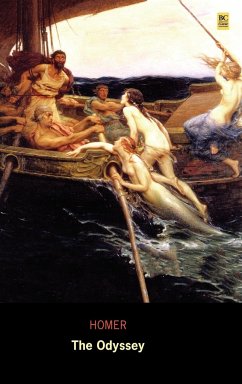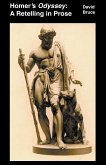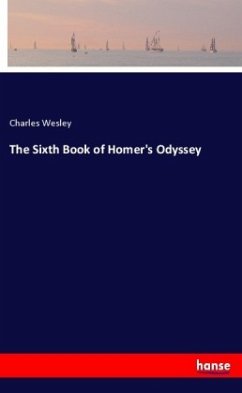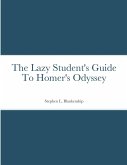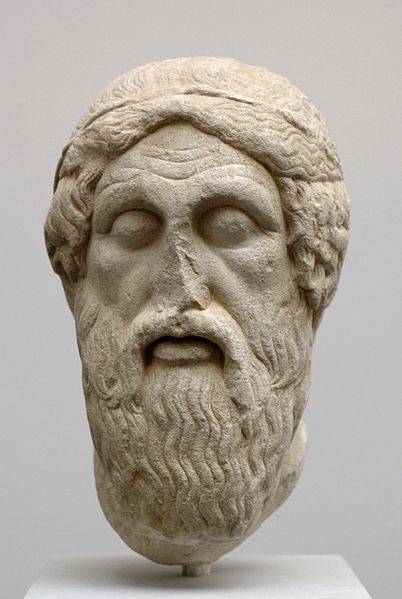Having spent ten years fighting in the Trojan War, Odysseus embarks on his journey back to Ithica. To get there he must deceive a giant Cyclops, face Poseidon's wrath, escape cannibalism, defeat the witch-goddess Circe, skirt the land of the Sirens, sail between a six-headed monster and a raging whirlpool, and escape captivity on the island of Calypso. But perhaps his biggest threat is his prolonged absence from home, as 108 suitors are vying for his wife's hand in marriage. Composed near the end of the eighth century BC, The Odyssey was intended to be sung by an epic poet. One of the most impressive elements of the text is that events depend equally on the choices made by women and serfs as on the actions of fighting men. The story has had a profound influence on cultures around the world, so much so, that the word odyssey has come to refer to an epic voyage in many languages. In this edition of Samuel Butler's translation, the names of the gods and characters have been restored from Latin to the original Greek.

